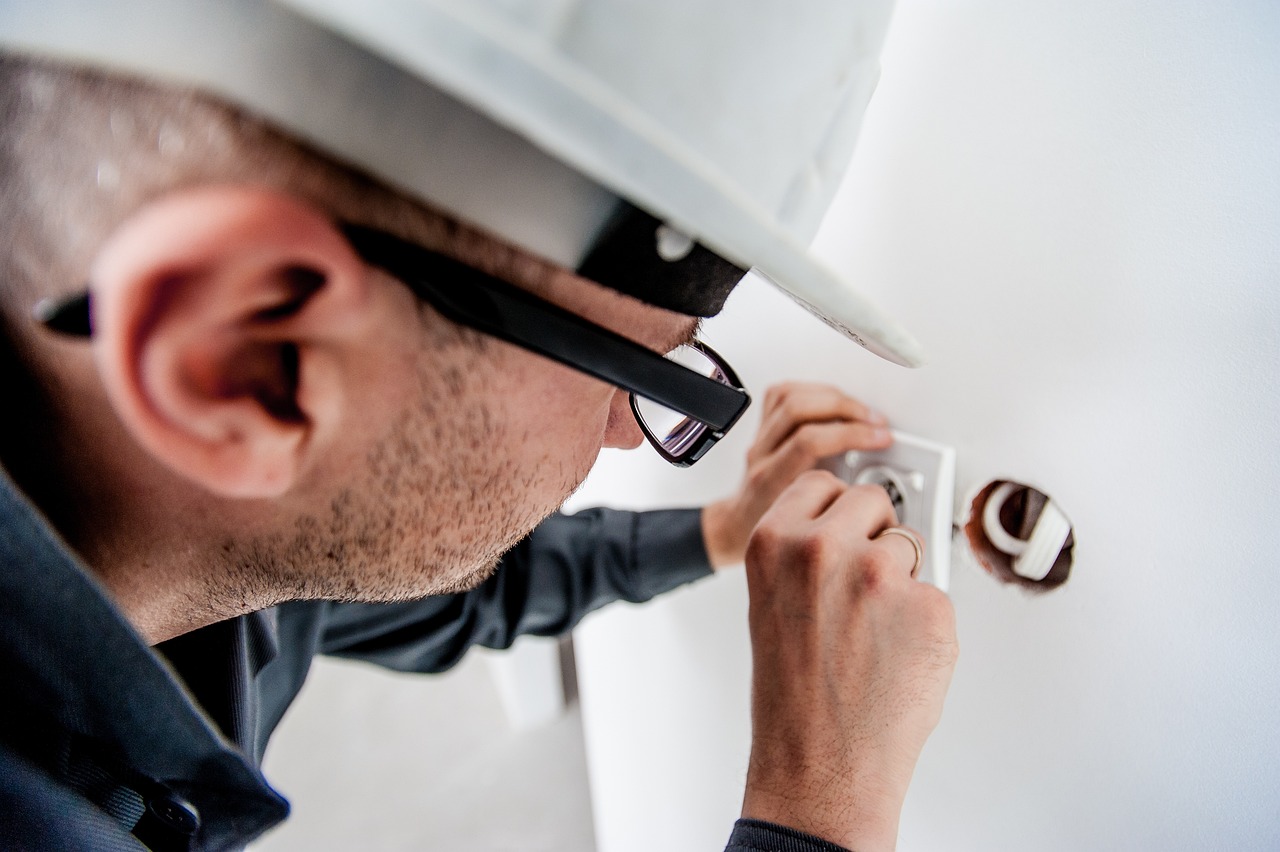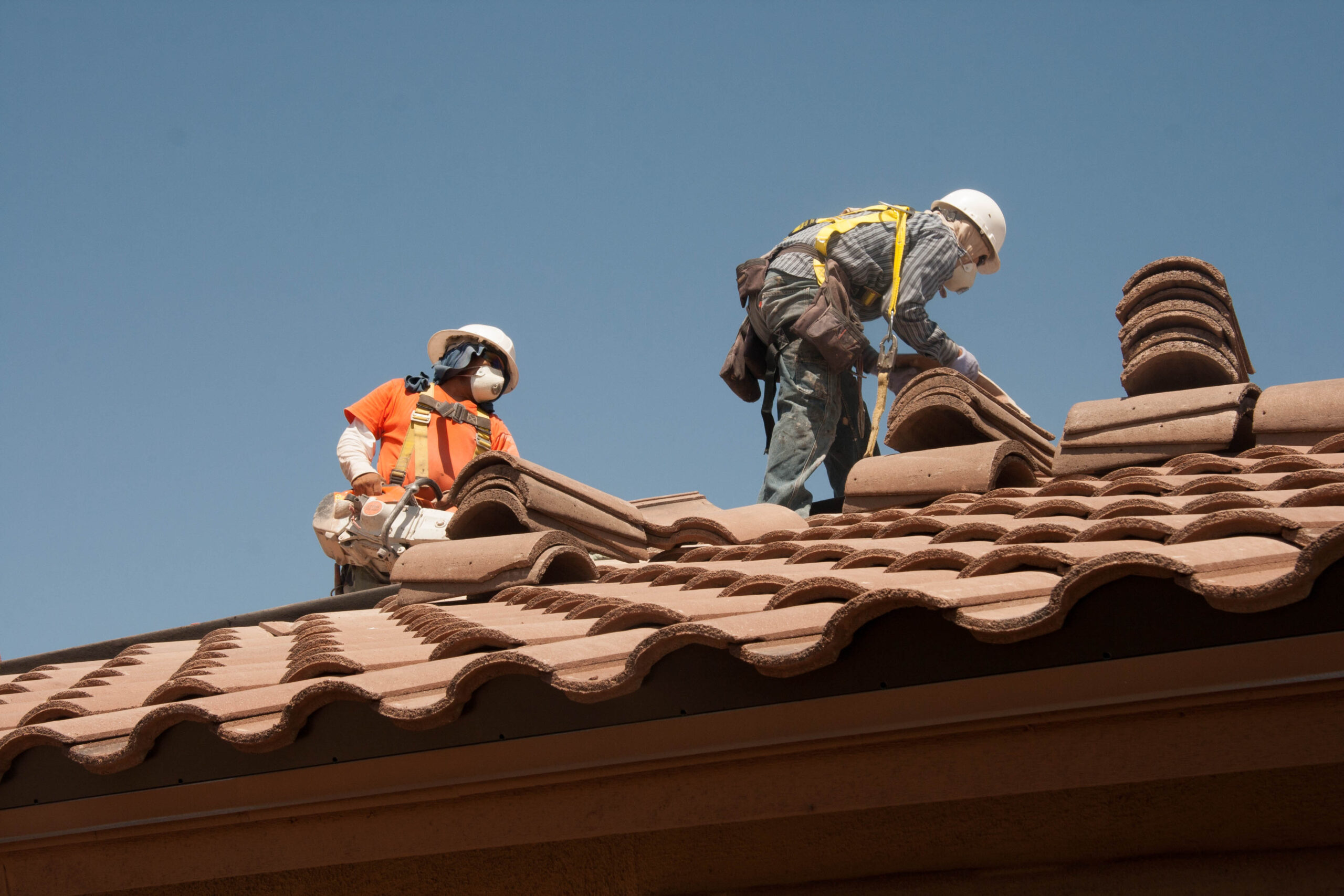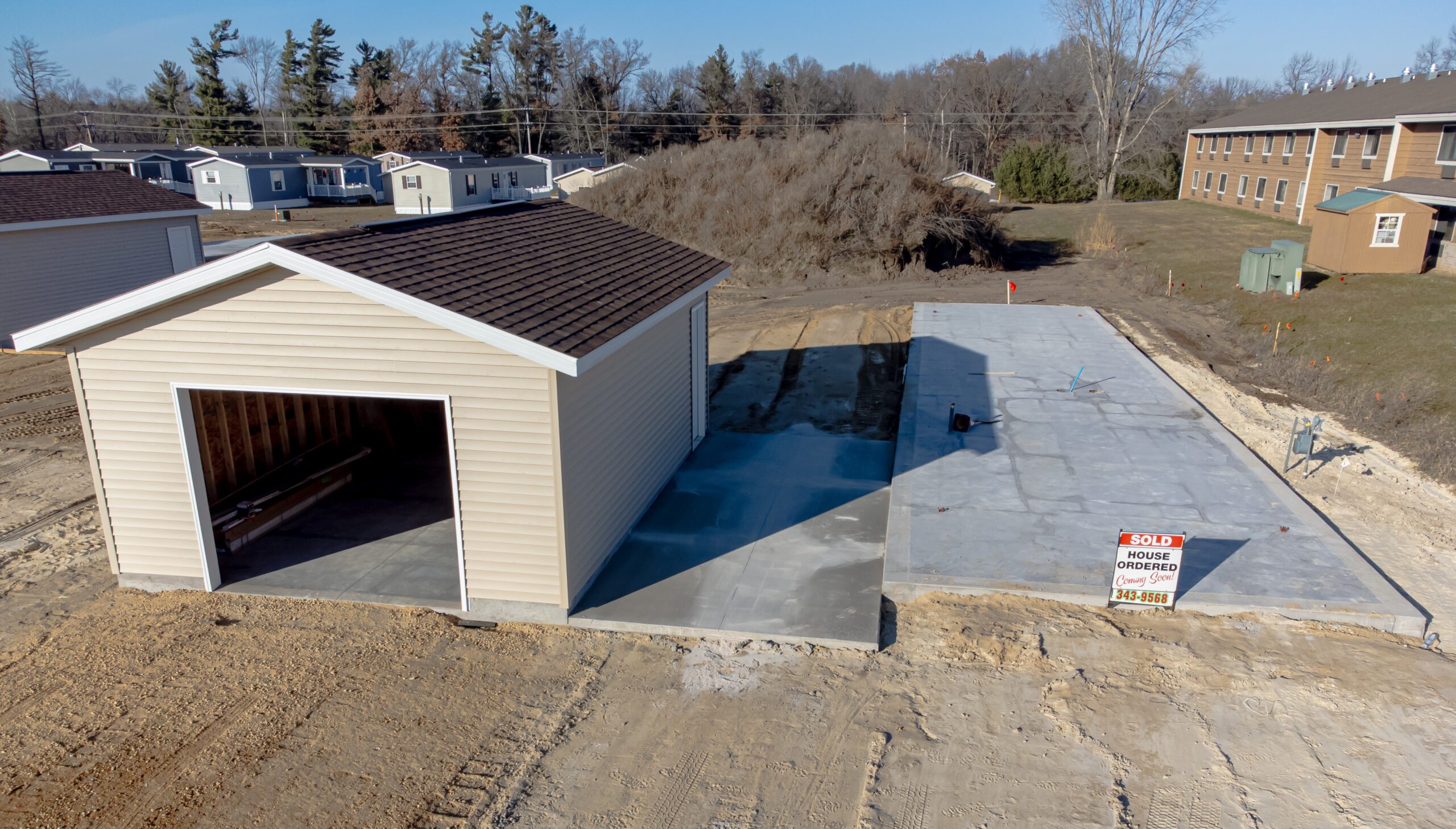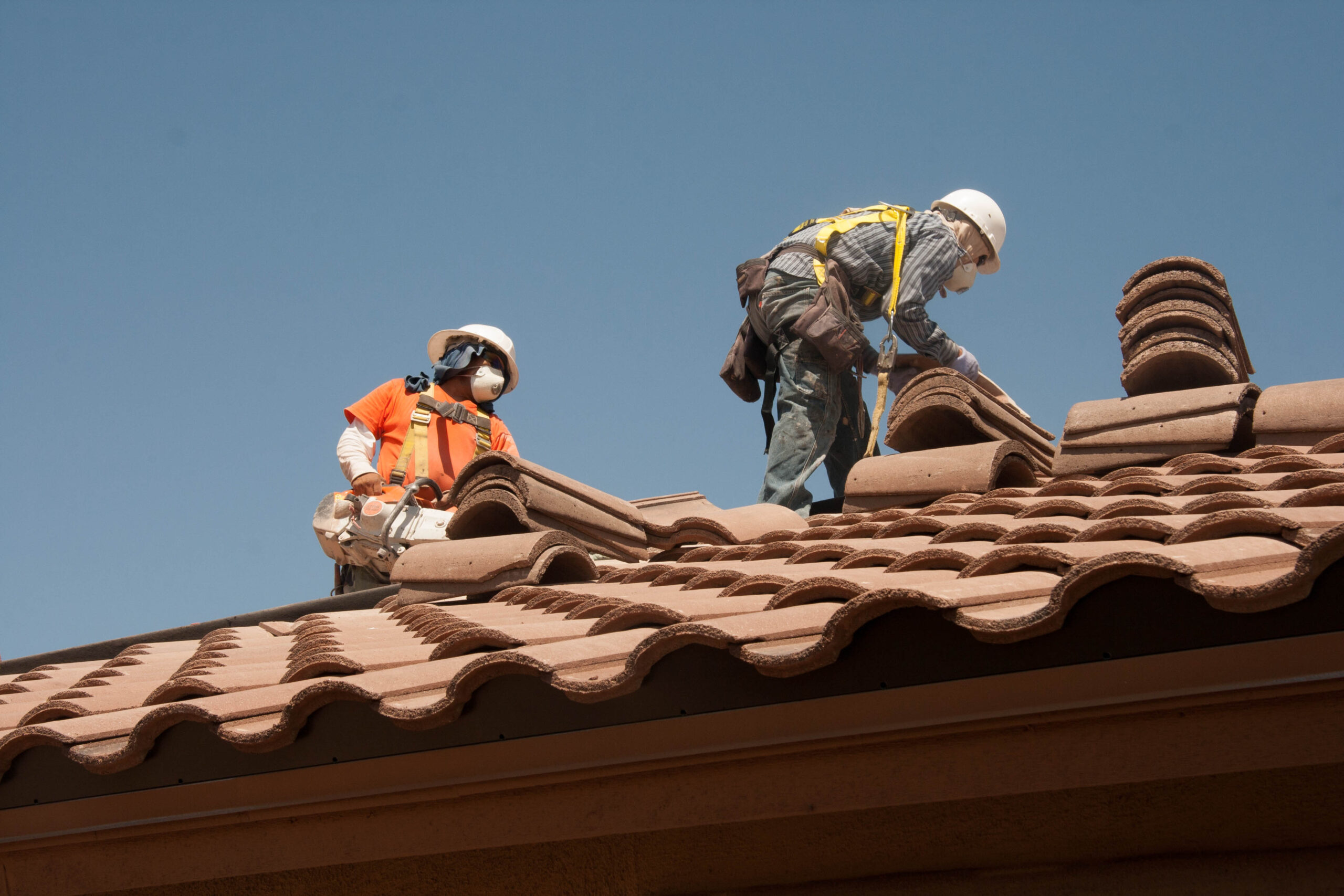- Ultimate Guide to Buying Your First Table Saw - June 4, 2025
- The Best Tool Brands – Are You Using the Right One? - May 30, 2025
- How to Build a Fire Pit in Just One Day - May 25, 2025
Have you ever wondered if hiring a handyman for every repair is really the best idea? It may seem convenient, but the truth is, bringing in a jack-of-all-trades for certain jobs can put your home, your safety, and even your wallet at serious risk. Some tasks require far more than basic skills—they demand in-depth training, specialized equipment, and a license that proves the worker truly knows what they’re doing. Let’s dive into five jobs you should never trust to a handyman, no matter how tempting it seems.
Electrical Work: Playing with Fire Isn’t Worth the Risk

Electrical projects are among the most hazardous tasks a homeowner can face. According to the National Fire Protection Association, electrical failures are responsible for about 13% of all residential fires. That statistic isn’t just startling—it’s downright terrifying. When you let an unlicensed handyman tinker with your wiring, you’re gambling with your family’s safety. Licensed electricians go through rigorous training to master complex wiring systems and to make sure everything follows local building codes. The consequences of cutting corners here can be tragic: faulty wiring can lead to devastating fires or even fatal electrocution. The U.S. Bureau of Labor Statistics places the average electrician’s wage at almost $57,000 per year—a figure that reflects the expertise and responsibility their job demands. When it comes to electricity, don’t risk disaster for the sake of convenience.
Plumbing Services: Leaks, Laws, and Lasting Damage

It’s easy to underestimate the damage a small plumbing mistake can cause. Yet the Environmental Protection Agency warns that leaks in homes waste more than one trillion gallons of water in the U.S. every year. That’s enough to supply millions of homes. Even a minor leak, if repaired incorrectly, can cause water to seep into walls, floors, and foundations, resulting in mold, rot, or expensive structural damage. Licensed plumbers don’t just carry a toolbox—they bring years of training and an understanding of how to handle complicated systems like water heaters and sewer lines safely. Many states require a plumbing license for good reason: only trained professionals can ensure repairs meet strict safety and code requirements. With an average salary of $56,000, plumbers are paid for their expertise—so don’t settle for a quick fix that might cost you far more down the road.
HVAC Installation and Repair: Comfort and Compliance Matter

Few things are as vital to your comfort as a well-functioning heating and cooling system. But HVAC units are complicated machines, requiring a deep understanding of not just mechanics, but also health and environmental regulations. The U.S. Department of Energy reports that improper HVAC installation can slash your system’s efficiency by as much as 30%. That’s not just a number—it means higher utility bills and a home that never feels quite right. Certified HVAC technicians are trained to navigate the maze of ducts, wiring, and refrigerants, the latter of which is strictly regulated by the Environmental Protection Agency. They also know how to identify and fix potential safety hazards like carbon monoxide leaks. With annual wages averaging $50,000, these professionals know how to keep your home safe, comfortable, and energy-efficient.
Roofing Work: Danger Overhead, Dollars Lost

There’s nothing more essential than a solid roof over your head, and roofing is one of the most dangerous jobs you can imagine. The Centers for Disease Control and Prevention reports that falls are the number one cause of accidental death in construction, with roofing workers facing some of the highest risks. Letting an untrained handyman take on roof repairs or installations is not only a safety hazard—it could also void your homeowner’s insurance. Licensed roofers have the right equipment and know-how to tackle steep pitches, tricky angles, and weather-related challenges safely. Many localities require a roofing license, and for good reason: poor workmanship can lead to leaks, structural issues, and thousands of dollars in additional repairs. The average roofing contractor earns about $45,000 annually, reflecting the dangers and skills involved. Don’t let a shortcut here become a costly regret.
Structural Repairs: Foundations That Can’t Be Fudged

When it comes to your home’s foundation or any load-bearing walls, precision is not optional—it’s absolutely critical. The International Association of Certified Home Inspectors has warned that shoddy structural repairs can threaten the entire safety of your house. An unlicensed handyman might not recognize subtle, but crucial, warning signs of deeper problems. Licensed contractors and structural engineers are trained to spot and fix issues like settling foundations, cracked support beams, or compromised load-bearing walls. Without this expertise, you risk not only your home’s stability but also your family’s safety. Many building codes require a licensed professional for these repairs, and with structural engineers earning around $80,000 per year, their work is both valued and vital. When your home’s bones are at stake, don’t take chances with anyone less than a true specialist.

